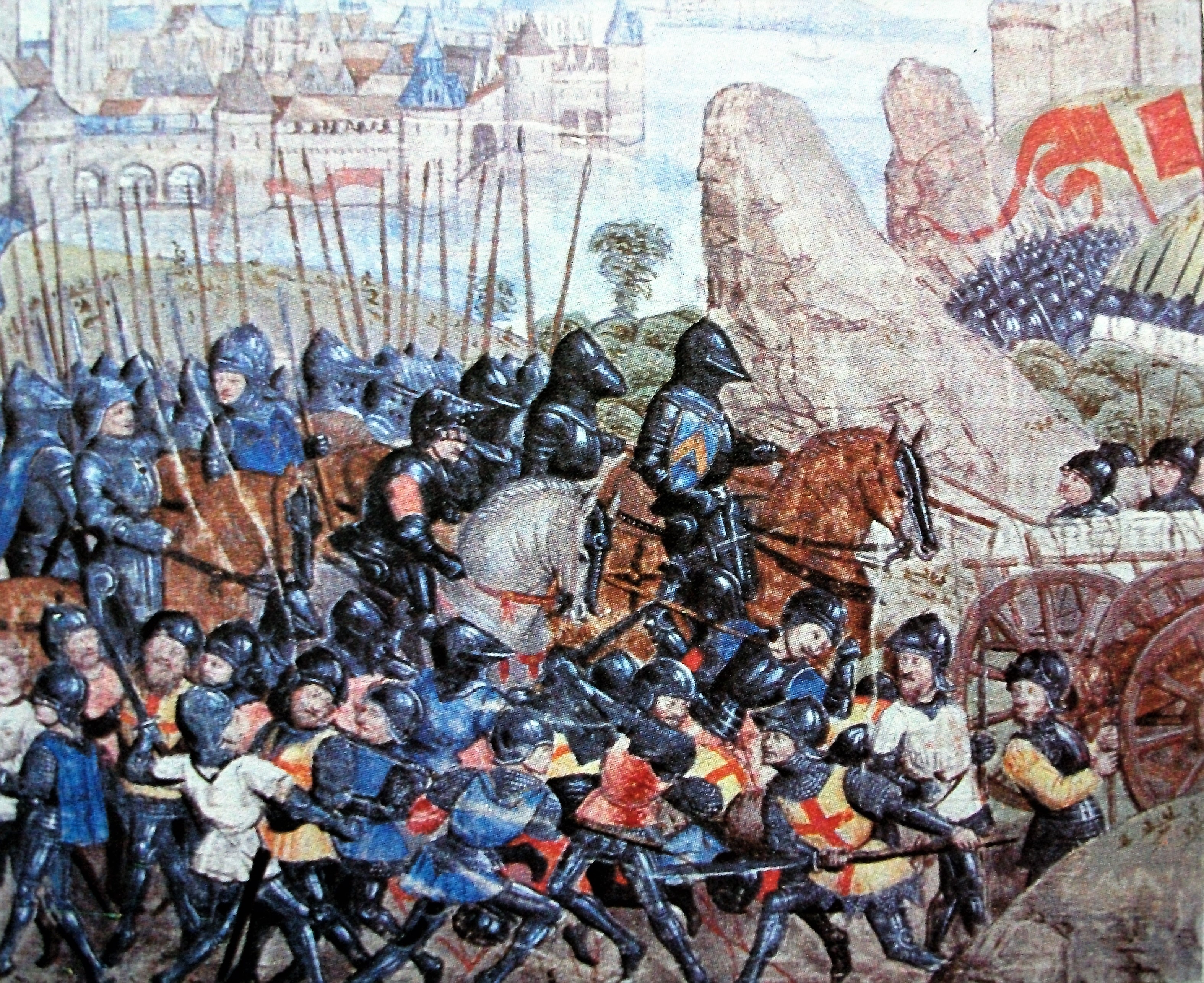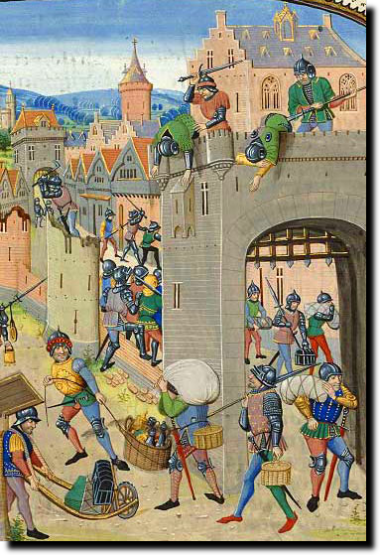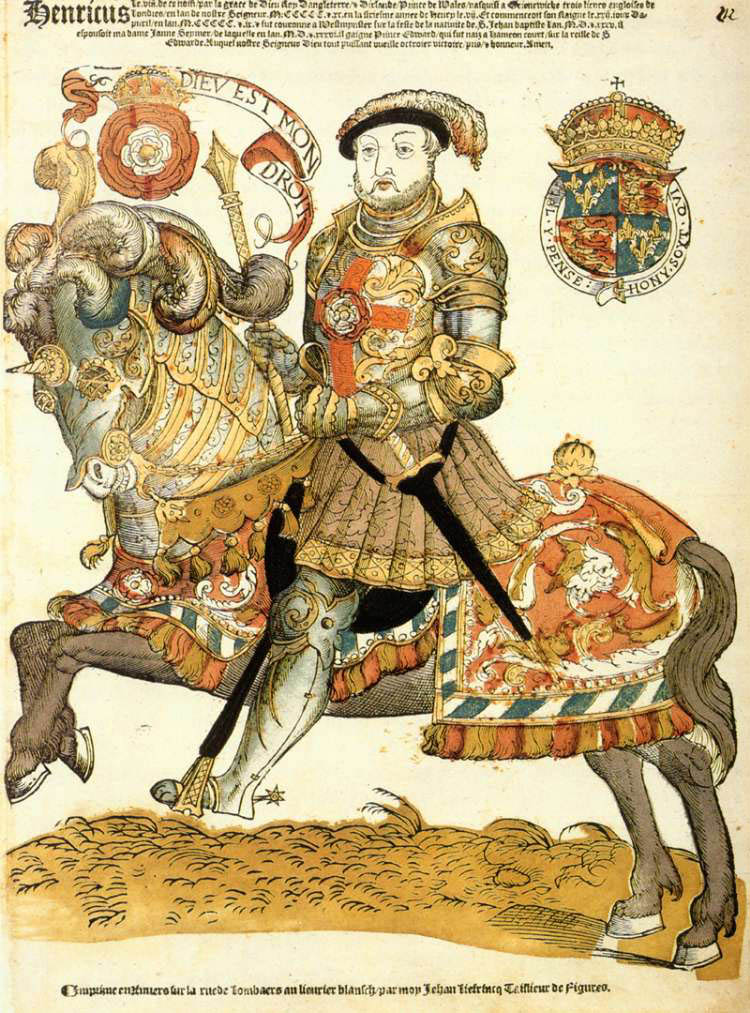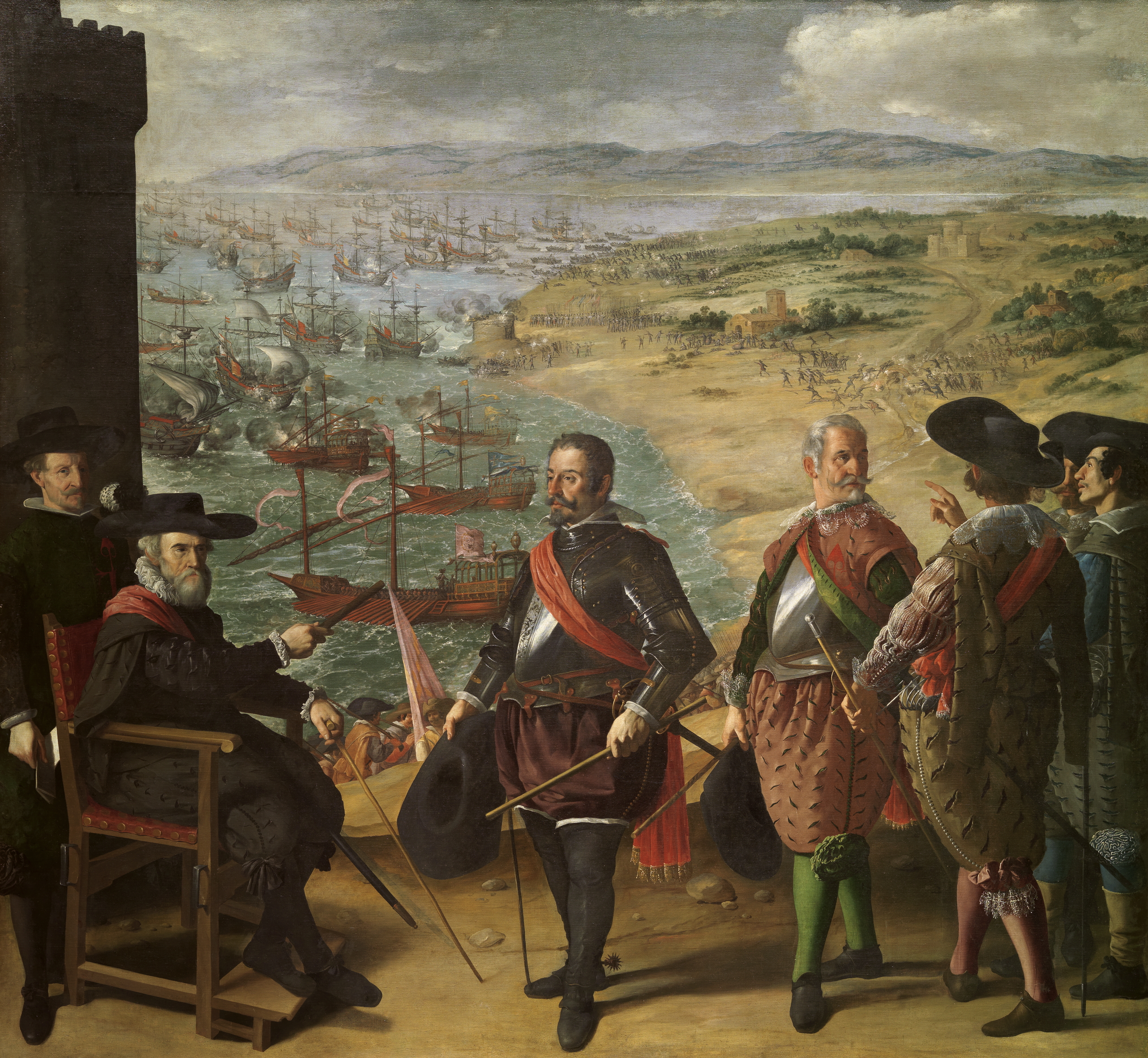Notes on Army Pay 1066 to 1642
Notes on the History of Army Pay
By LIEUT-COL. E. E. E. TODD, O.B.E., R.A.P.C.
The word "soldier" means, according to its derivation, a man who fights for money. The Latin word solidus, meaning a piece of money, re-appeared in Old French as soldier ; and the Italians still use soldo for a small coin. In this sense England invented the soldier. The Continental military system in feudal times was based on ideas of Knight Service and chivalry; and to receive a wage for fighting was unthinkable. After the Norman Conquest, England's foreign Kings attempted, but with little success, to force a feudal military organisation upon the English; and so ineffective were the results that, by stress of the necessity of having to raise troops somehow or other, the Crown came to accept a money payment in lieu of personal service, and hired professional soldiers with the proceeds. This money payment was recognised later by Statute, and was known as " Scutage". Later still, Richard Coeur-de-Lion was reduced to the necessity of paying even his knights.
One of the earliest indications that the English were beginning to accept Norman rule was that the shires were prevailed upon by William Rufus to provide 20,000 men for a campaign in France. The Normans were prepared to make use of the Anglo-Saxon military system, together with as much of the feudal system as they could put into practice. Under the Anglo-Saxon system (which had been codified by Alfred the Great), one armed man for every five hides (Ed: approx. 30acres) of land had to be forthcoming on the King's proclamation, and provided with subsistence and pay at the expense of the shire; while every free landowner of five hides or more had himself to serve for the duration of the campaign and pay his own way. Each of the 20,000 men mobilised for William Rufus was provided by the shires with "conduct money" or travelling expenses. On the concentration of the army, the King appropriated to himself each man's ten shillings, sent them all home, and hired professional soldiers in their stead. This proceeding did nothing to endear the Norman regime to the English.
Edward II adopted a system of indents or contracts to obtain troops. His predecessor had issued "Commissions of Array" to prominent county men to raise the troops required. but it was necessary to get down to a definite monetary basis. Thus, under the "indent," a local man of substance provided a given number ofarmed men for a given period for an agreed sum of money, the contractor making his own arrangements with the men. When their periods of service came to an end, these men, now trained soldiers, hired themselves out to the same or another contractor.

Siege of Calais 1346
A muster-roll of Calais, dated 1346, provides the first definite record of rates of pay. The Prince of Wales got 20s. a day; the Bishop of Durham (a renowned leader, often engaged against the Scots along the Border) got 6s. 8d.; Earls also 6s. 8d,; Barons 4s.; Knights 2s,; Esquires, Constables, Captains and Leaders 1s.; Vintenars(commanding 20 men), mounted archers, Pauncenars (mounted cavalry) and Hobelars (light cavalry mounted on ponies) 6d.; foot archers 3d. ; Welsh spearmen 2d.; and tradesmen such as masons and carpenters rates varying from 10d. to 6d. or 3d. About the same time an unpainted bow cost 1s., or 1s. 6d. painted; and a sheaf of 24 arrows cost 1s. 2d.
The origin of most regulations is the existence of an abuse. Under the old county-levy system, officers and men arrived at the muster with their worst horses and if these were lost on service, the highest compensation was claimed. Thus it became necessary to value and mark the horses on arrival, and the "broad arrow" came into being. The drawing of pay for non-existent men was one of the most frequent and long-continued of frauds, and rose to its maximum during Elizabeth's reign.
A protracted war with France was closed in 1360 by the Peace of Bretigny. The troops, however, grown accustomed to the excitements and loot of war, were in large numbers desirous of remaining in France rather than returning to peaceful pursuits at home. Out of these trained ex-soldiers "Free Companies" were formed, which hired themselves out to the highest bidder.
 A Free Company "Tard-Venus" sacking Grammont
A Free Company "Tard-Venus" sacking Grammont
Those who financed the Free Companies held command therein and shared the profits thereof in proportion to what each put into the venture, An officer might sell out if he could find a buyer - wherein lies the origin of the purchase system, not abolished till late last century (19thC) . An unpopular officer might be bought out by his colleagues. Later, in order to check abuses, it became customary for the Crown to issue commissions to selected persons to form companies, which were to be used for the King's service only. Later still, the Army agents secured commissions for their clients.
Henry VIII was a distinguished army administrator. For the first time, in his reign, it was definitely established that each man was to receive pay from the day of leaving home to the day of return. Absence without leave became a crime. The county levies were gIven "coat-money" and "conduct-money" – the former to provide uniform, the latter as a travelling and subsistence allowance. These allowances were paid in advance but ultimately were deducted from pay for value in kind received, Hence arose "stoppages". There is a centuries-old history of stoppages, intimately concerned with the welfare and discipline of the Army. Conduct-money was, in the first instance, provided by the county, but was afterwards refunded by the National Exchequer. Clothing was provided on repayment by the captains. The national uniform was a White coat, embroidered with the Red Cross of St. George, and Henry VIII made this uniform compulsory, in order to prevent powerful nobles retaining bodies of armed men in private liveries. A few "crack" companies wore all white, not merely the coat. Hence, under the Tudors the soldier was known popularly as the "White-coat," and it was not till Elizabeth's reign or after that the term" Red-coat" crept in. Henry VIII caused a statute to be passed to punish with imprisonment and fine, officers who defrauded their men in the matters of pay and stoppages for clothing; but the statute was largely a dead letter.

Henry VIII
In 1512 an Expeditionary force was sent to France; but no pay was forthcoming, and rations were insufficient. A mutiny broke out. in which the main "plank" was a demand for 8d. a day pay, in place of the customary 6d. The ringleaders were hanged and pay remained at 6d. Forty years later Bloody Mary granted 8d., and this remained thereafter the standard rate for two centuries, when its place was taken by the Queen's Shilling.
The new science of gunnery had in Henry VIII a keen student. Drawing the field guns had always been a sore point with the gunners; and Henry raised a special Company of Waggoners with teams of horse. The Waggoners were mustered and paid once a month; and frauds by officers were at once recognised and regulated by the provision that the paying officer was not to take, out of the men's pay, more than 1d per month for himself.
In the early part of Queen Elizabeth's reign, the state of the Army was probably worse than at any other period of its history. Elizabeth had no use for a soldier; money was not forthcoming, or was forthcoming only after long arrears had accumulated;and though the state of impecuniosity to which the public services were reduced was not yet so extreme as it came to be under James and Charles, yet the effect on discipline was almost equally bad. Fraudulent enlistments, desertions, and peculation by officers became rampant. The officers were not entirely to blame, as the irregularity with which money was forthcoming, and the general financial and administrative disorganisation led to a situation in which the only thing to do was to "pay the men and yourself as and how you might". At one time the Army in Scotland had a muster roll of 8,000 ; but not more than 5,000 were present with the colours, the pay of the balance (if and when received ) going into the officers' pockets, not necessarily for themselves, but simply used to "carry on." The Special Commissioners appointed to put down corruption, were of little avail.
The old County system finally broke down-though nothing better took its place until the advent of Cromwell's " New Model." The rebels in the North were better equipped than the forces of the Crown. The press-gang was invented under the stress of threatened invasion by Spain , and the gaols were emptied to fill up the ranks. One Easter Sunday in London the doors of the Churches were locked on the congregations, and the adult males were drafted holus-bolus (ed: All together; entirely; without modification) into the Army. But a disorganised rabble, without regular pay or sufficient clothing or equipment, was worse than useless - a fact which gradually came to be recognised by a body of men who began to study the art of war. Now by a few ; later, under the Commonwealth ; and later still under Marlborough, it became a cardinal principle that one of the first pre-requisites of a successful campaign, was regular pay, good food, and good clothing.
Private enterprise began to make up for the deficiencies of the Crown. To protect the South Coast, 4,000 arquebusiers were raised, and prizes were given to encourage marksmanship with the new "hand-gun". The City of London raised a Corps of 3,000 men, who were mustered three times a week. A Company of 300 was raised by private subscription among the Protestants of London .
The white coat was replaced towards the end of Elizabeth's reign by a red or blue coat, then called a "cassock". These were provided by the Counties and Towns, not by the Crown. Many modern terms came into use -- Lieutenant, Major, Colonel, regiment, infantry, colours, and so forth. For nearly two centuries, the recognised drill instructor had been the Sergeant, but now the Corporal took his place. The Second-in-Command was the Sergeant-Major (corresponding to the present-day Major). It became usual to have two drummers per Company, who did not merely make calls, but were used as envoys in parleys with the enemy. They therefore had to be men of intelligence, with a certain knowledge of the enemy 's language, and they received a high rate of pay .
In 1585 a treaty was entered into with the Dutch, whereby 4,000 men, raised by the press-gang , were sent to the Low Countries to assist in repelling the Spaniard. England was to hold certain Dutch coast towns as "security," but the troops were permitted merely to garrison these towns, and were of no effective use to the Dutch. Consequently, both the Dutch and Elizabeth refused to provide funds, and the entire force was reduced to a condition of beggary, starvation , lack of clothes, and finally mutiny. The only officers who would serve with such an Army were of the worst type, who , looking to recoup themselves out of the pay (again if and when forthcoming) of men who had died or deserted , were more interested in indiscipline and starvation than in training. The Earl of Leicester, when appointed Commander-in-Chief, was instrumental in finding arrears of pay, but still for current expenses nothing was provided.
Prince Maurice of Nassau took over command from the Earl of Leicester. A distinguished student of war, he realised that nothing could be done with an unpaid, undisciplined mob, and he was strong enough to insist on regular payment and the punishment of fraudulent officers. But the pay system itself stood in the way of efficiency. The standard rate of pay of 8d a day amounted to £12 3s. 4d. a yea , out of which £4 2s. 6d. was deducted for a winter and a summer suit of clothing, and £6 18s. 8d . (at the rate of 2/8 a week) for subsistence, leaving £1 2s. 2d. (or about 5d. a week) only to be paid in hard cash. The deduction for clothing was called "off-reckonings” - another form of stoppages.
As for the subsistence money of 2/ 8 per week, It was the common practice for the captain to make a private contract for feeding the Company, and make what profit he could. The captains also supplied clothing, but often bad quality was supplied, or the men were charged excessive prices or the clothing was withheld altogether. The captains themselves received funds only irregularly, any balance being (theoretically) squared up every six months so it is difficult to know whether or not they were more sinned against than sinning.
In the attempt to control abuses, control began to be transferred to Departments and officials in London . The "Treasurer of the Forces" came in to being. But corruption continued, both among the officials and the contractors. It was long before Elizabeth had it brought home to her that the Swindler-in-Chief, of herself and of the Army, was the Treasurer of the Forces himself. Little else could be expected at a time when the soldier was regarded by the Crown as a rogue, and Army administration was beneath consideration.
The reigns of James I and Charles I. constitute a dreary re-iteration of the same negligence. Under the latter, an expedition was set on foot against Cadiz, but the only guns and the only experienced troops available had to be obtained from Holland. A force of 8,000 men was raised by the press-gang, and concentrated at Plymouth. A portion of these were sent to Holland by way of exchange, but the States-General refused to accept such raw stuff, and shipped the lot of them back to Plymouth. The impecuniosity of Elizabeth and James was intensified under the first Charles; he could not afford the cost of going himself to Plymouth; and when the guns arrived from Holland, there was no money to pay for the unloading of them. Plymouth was in a state of indescribable confusion and indiscipline; and when the expedition did get to Cadiz, the Spaniard knew how best to treat it:; enough butts of sack (ed: fortified Spanish wine!) were left outside the walls of the town and the operations came to an abrupt end.

The Defence of Cadiz 1625
The Scottish risings of 1639-40 were Charles' undoing. He knew not where to turn for money or troops. Except for the Statute of Philip and Mary, which was repealed by James I. , the military organisation of the country was, theoretically, still based on the old Statute of Winchester; but countless expedients had been adopted since then, so that when Charles attempted to re-introduce the old feudal system (calling on every Peer to rally to his person with so many followers, and ordering the Lord-Lieutenants of the counties to raise levies of foot ) , he was met by protests from the lords and riots by the commoners. The payment of coat-money and conduct-money by the shires was refused. The Scots advanced as far as Ripon; and there they agreed to remain in consideration of a payment of £800 a day. Charles, quite unable to provide such a sum, was perforce thrown into the hands of his Parliament,
which first proceeded to make itself indissoluble without its own consent, and next negotiated with the Scots a return to their own country.
End of Part 1
(Ed: At the beginning the English Civil War in 1642, this extract of the proceedings of the Committee for the Advance of Money provides an indication of how the army was raised and paid for in times of trouble!!)
